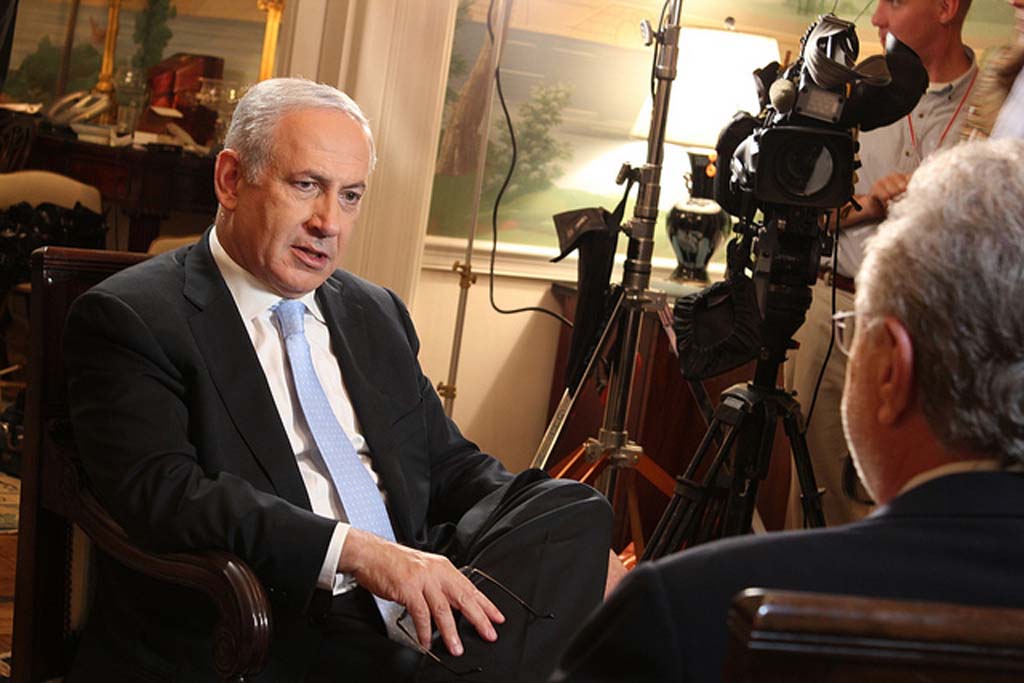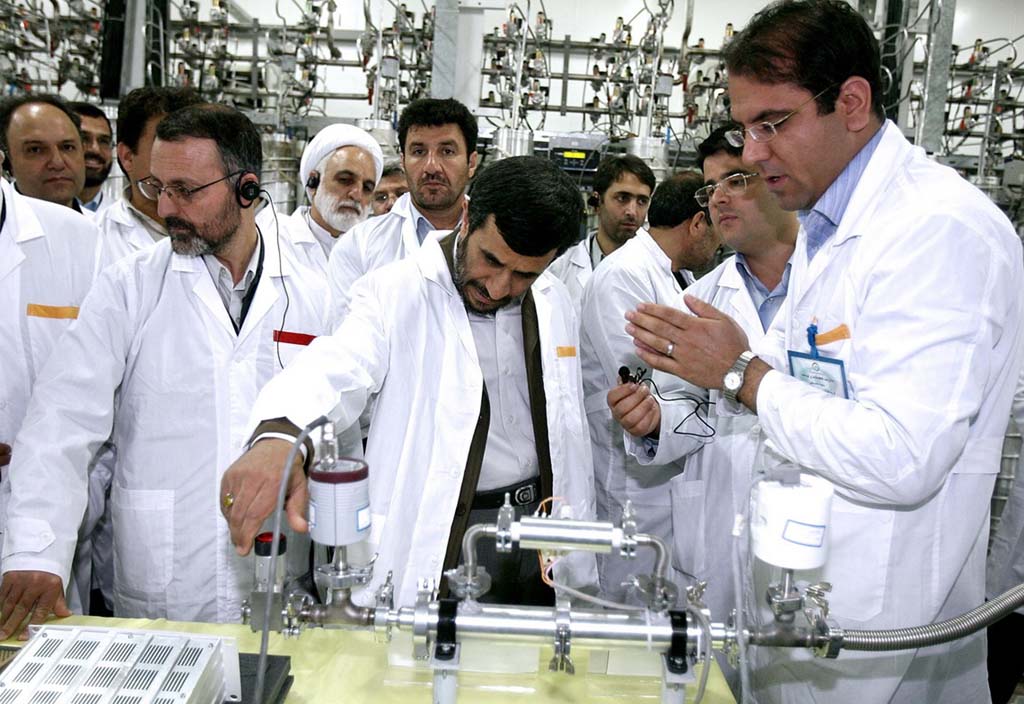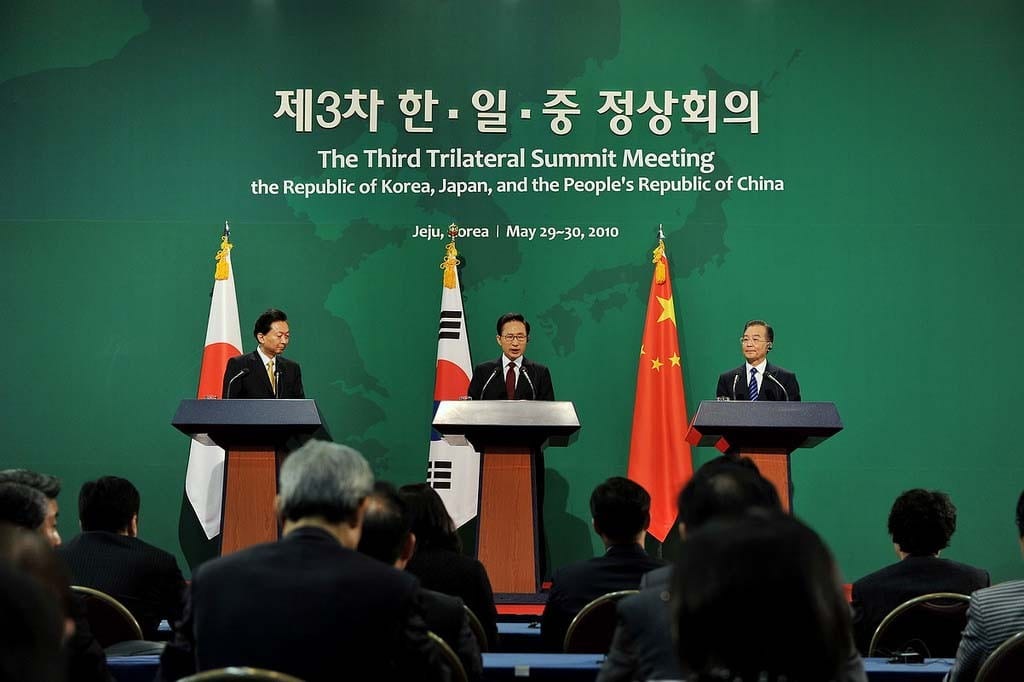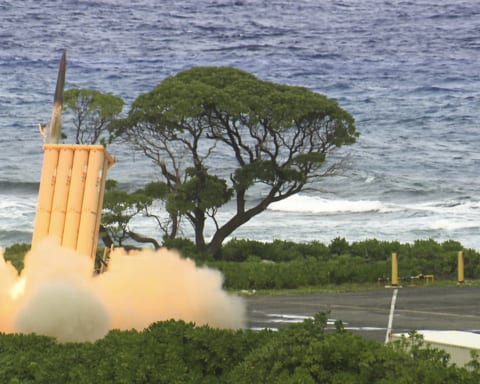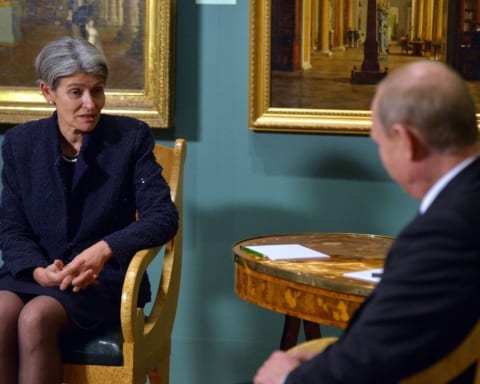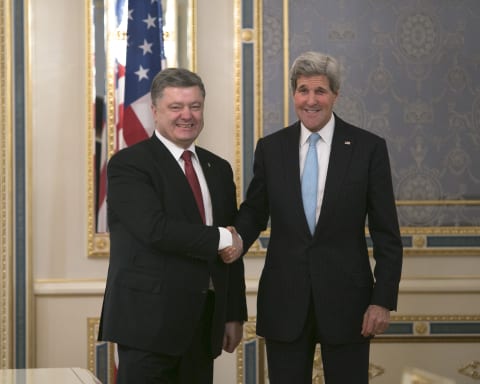The behind the scenes moves of the players involved in the high-stakes US-Iran negotiations on Iran’s nuclear program are continuing to fester out into the open. It appears that the Obama administration is increasingly loosing patience with Netanyahu’s meddling. Illustrative of this, tension between US Secretary of State John Kerry and Israeli Prime Minister Benjamin Netanyahu reached a new height on Wednesday. Speaking to the US Congress in the run-up to Netanyahu’s planned congressional visit in March, Kerry reminded US officials that the last time Netanyahu spoke before the Congress back in 2002 he was giving his strong support for a US invasion of Iraq. To observers aware of the increasing conflict between the administration and Netanyahu, the implication of Kerry’s statement should be clear, “He cannot be trusted”.
Behind closed doors is a continued sense of anger and tension between US President Obama and the Israeli leader. Only weeks ago, the Israeli newspaper Haaretz reported that Obama had called and demanded that Netanyahu stop interfering with US lawmakers. Netanyahu is reported to be personally lobbying US senators and congressman for increased sanctions on Iran, an action that would effectively abort any progress on negotiations between the White House and Tehran. Thus, Kerry’s public remarks seem to be expressing in a much softer tone what the White House truly feels towards Netanyahu’s continued interference. Notably, and perhaps showing the personal nature that has come to define the Obama-Netanyahu relationship, these are some of the most recent open attempts to thwart Netanyahu’s attempts to influence US politicians. Remember, it wasn’t long ago an anonymous US official summarized the administration’s feelings with “Netanyahu spat in our face. There will be a price”. Observers should expect a continued increase in public statements in the lead up to Netanyahu’s visit, with Kerry and other unnamed officials likely making increasingly candid statements.
For those still questioning why Netanyahu would continue to threaten bilateral ties and destroy what little goodwill existed between himself and the Obama administration, consider the earlier speech to which Kerry was referencing. It can be clearly observed that his advice has turned out to be disastrous for the US. In the September 12, 2002 remarks, Netanyahu said the decision to invade Iraq was a “good choice, the right choice” and guaranteed “enormous positive reverberations on [sic] the region”. With Iraq in shambles and IS risen from the simmering ashes, Netanyahu’s earlier statements and his belief that the only way to deal with terroristic regimes was “to apply military force” should call into question his ability to guide the US towards correct actions in the region. None of this matters to Netanyahu however, as he believes his advice is the only way to face his believed existential threat from Iran.
This does not mean that Netanyahu’s advice to invade Iraq or to resort to military actions in dealing with the Iranian regime is wholly incorrect. This depends by which country you measure the benefits from following Netanyahu’s advice. When considering his final remarks to Congress back in 2002 it is his last statement that is the most telling. Speaking emphatically, Netanyahu proclaimed “If I had to say the three principles of winning the war on terror…the three principles of winning the war on terror are the three W’s, winning, winning, [and] winning.” The US and the Middle East is certainly not winning anything by following Netanyahu’s hawkish advice, Americans would do well to consider who is.
